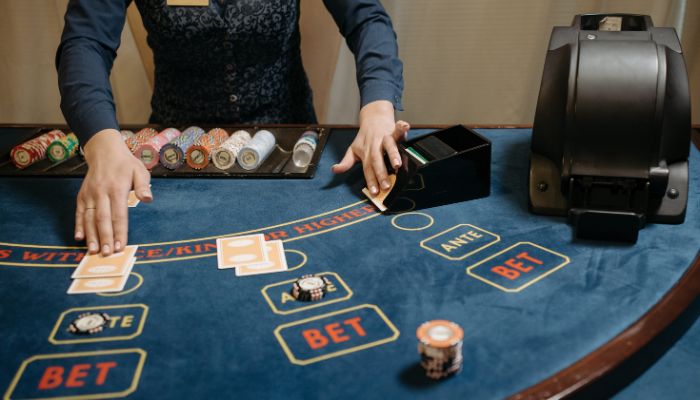Have you ever walked into a casino, the sound of coins clinking, cards shuffling, and the thrill of chance hanging palpably in the air, and wondered just what your odds of winning truly are? It’s no secret that the house always has an edge, but how exactly is that edge calculated, and what does it mean for your wallet?
The Basics of House Edge: Understanding the Percentages
The house edge is the mathematical advantage that gambling establishments have over players. It varies from game to game, and understanding it is crucial for any gambler looking to increase their chances of winning. For instance, in the world of spinning wheels and flashing lights, games like crazy time casino offer a kaleidoscope of betting options, each with its own implications for the player’s bottom line.
Strategies to Mitigate the House Advantage
While the house edge might appear as an invincible opponent in the gaming arena, there are clever tactics that players can implement to gain leverage. The art of mitigating the house advantage lies not in eliminating it, but in minimizing its impact on your bankroll. Effective bankroll management ensures that players set a limit to their wagering funds, reducing the risk of heavy losses. Astute game selection is also pivotal; by choosing games with a lower house edge, players can increase their likelihood of a favorable outcome. Furthermore, engaging in games that require skill and strategy over pure luck can grant players a more active role in influencing the game’s outcome. These approaches are akin to navigating through treacherous waters with a well-calibrated compass, pointing towards safer shores in the vast ocean of betting.
Statistical Insight: The Role of Probability in Betting
Probability is not just the backbone of betting mathematics; it’s the very heartbeat of the gaming experience. Every roll of the dice, spin of the wheel, or deal of the cards is governed by the laws of probability. This mathematical principle dictates that each outcome has a measurable chance of occurring, which casinos meticulously calculate to ensure their edge. A deeper dive into the nuances of probability can reveal why some bets come with a high risk but greater reward, while others offer more frequent but smaller payouts. It’s this intricate dance of chance and strategy that gamblers must understand to navigate the complexities of the house edge. By comprehending these statistical foundations, players can make more informed bets, recognizing the delicate balance between potential risks and rewards in various gaming scenarios. This section will not only highlight how the house edge is crafted from these probabilities but also how players can use this knowledge to their advantage, turning a game of chance into a more calculated endeavor.
The Impact of House Edge on Gaming Behaviour
The house edge doesn’t just affect the outcome of bets; it also influences how players behave. The psychological impact of knowing the odds can deter some, while it may spur others to seek out the games with the best odds. How does this knowledge affect your gaming decisions?
Also Read, Unlock the World of Crypto Gaming
Conclusion: Playing Smart in a World Designed to Outwit
In conclusion, the house edge is both a guidepost and a challenge for gamblers. Armed with the knowledge of how it works and how it can be navigated, players can make informed decisions, embrace the uncertainty, and perhaps find themselves enjoying the game even more, win or lose. Remember, in the casino world, knowledge and moderation are your best bets.
Calculating the house edge is more than just number-crunching—it’s an essential aspect of the gambling experience that can define your approach to betting. Whether you’re testing your luck on live casino games or sticking to the traditional fare, remember that understanding the math behind the madness is your key to a more informed and potentially rewarding experience. So, the next time you place your bets, consider not just the potential payout, but the probabilities that pave the way to it.
